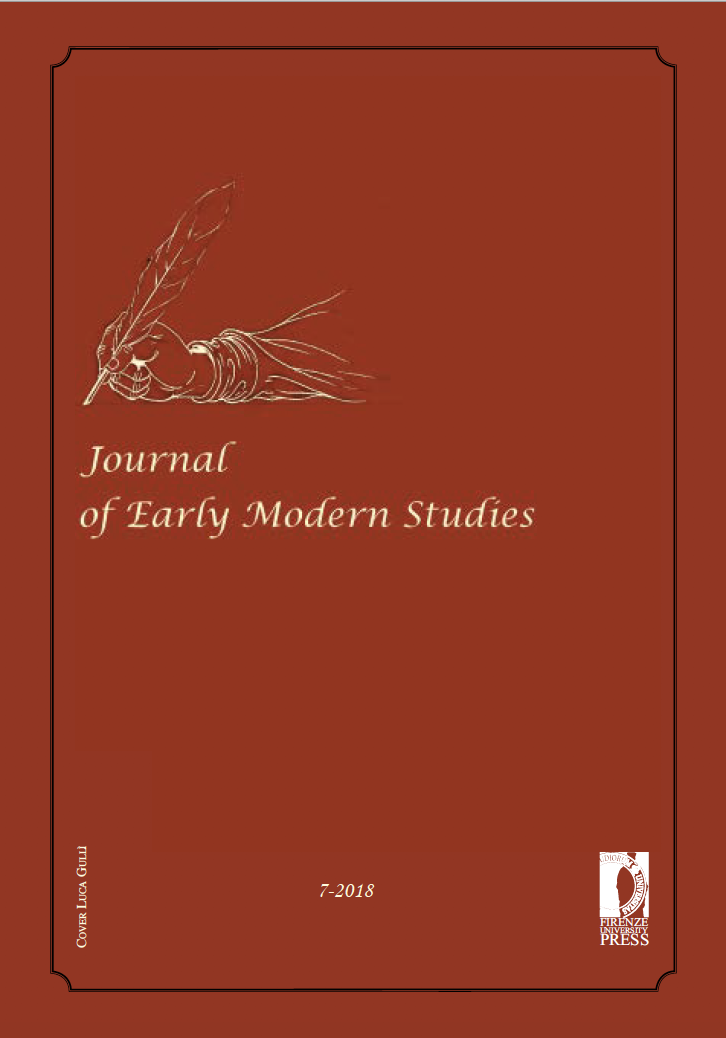Abstract
Between the fifteenth and sixteenth centuries, chivalric romances were much loved in Italy, both in popular and in learned contexts, and were one of the bestselling genres in the nascent printed book trade. Although traditional blockbusters and brand-new poems alike typically refer to the oral performance of a poet-singer, literary scholars tend to evaluate those references as part of a rhetorical strategy of fictive orality, as literary clichés derived from a performing practice supposedly confined to earlier periods. Nevertheless, upon closer inspection, many authors and texts prove to be linked with real oral performances. Several chivalric poems, in particular, were surely composed, sung, and even improvised by street singers, who also played a very active role in printing and selling them. The paper aims to survey the most relevant evidence, thus reassessing the importance of orality in fostering and disseminating one of the prominent literary genres of Renaissance Italy


